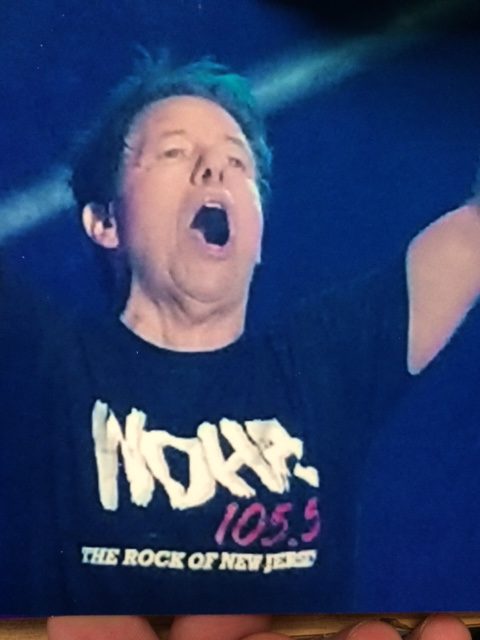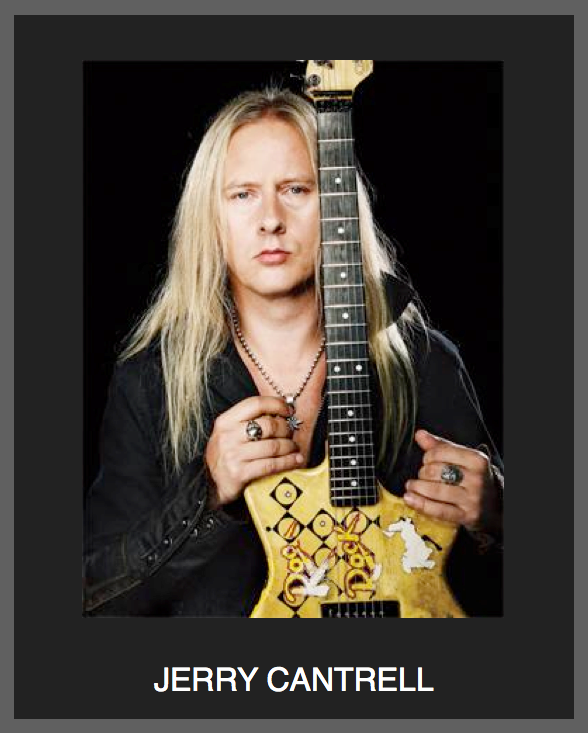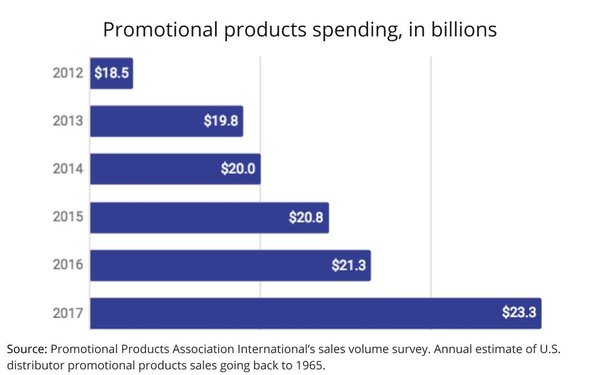
In the past several decades, it’s hard to look at the radio broadcasting industry as being especially innovative. Most CEOs are well aware of the fact they need to forge new pathways, open new verticals, and grow their brands through partnerships, collaboration, and ideation.
But what about the circumstance where radio truly was ahead of the curve, only to fritter away its natural advantage? That would be a true shame, especially as its kernel of an idea decades ago has become a major source of revenues and profits.
There was a day when radio stations were the kings of merch and logoware. Several weeks ago, this blog discussed The Loop’s domination of Chicago with those signature black T-shirts back in the ’80s. And many stations devoted significant portions of their promotional budgets and street marketing efforts to bumper sticker campaigns and other branded products.
This was during the period when ratings results were highly dependent on top-of-mind awareness due to the diary methodology. Today, many industry observers believe that strong brand recognition is far less important to success in a PPM World.
They’re wrong.
Being a well-recalled radio brand is important whether stations are measured by diaries or meters. A vigorous, aggressive merch campaign puts audience members to work to promote radio brands. And it’s a reminder to local advertisers about a station’s influence and visibility in the marketplace.
I remember a day when you could attend a sporting event, and only a minority of fans were sporting the team colors. Today, it’s almost become rare when the cameras pan the stands and you don’t see a sea of merch. It’s the same when you walk through malls or airports. People love to show off their passions – whether it’s a sports team, a music group, a favorite bar, and even their company.
That is, unless you work for a radio station.
There’s nothing more disconcerting when talent goes to station events, concerts, or community gatherings to have listeners come up and ask whether they brought along some station swag – and you’ve got nothing.
Interestingly, radio was ahead of the merch curve back in the day. But budget cutbacks threw out the tchotchkes with the bath water. Most stations – even many of the big ones – often have little to no branded product offerings to hand out to enthusiastic listeners more than willing to display their favorite station’s logo.
Or even pay for it.
It turns out that many fans would gladly hand over cash and/or credit cards for the privilege of wearing station branded shirts, hats, and other products. And chances are they’d show the world on Facebook, Instagram, and the other social portals of their choice.
It’s all part of the “tchotchke tsunami” that’s sweeping America (and the world). According to a story in MediaPost’s Research Intelligencer, the Promotional Product Association has been tracking merch sales (known in the trade as “trinkets and trash”) since the ’60s. The last few years reveal a more voracious intersect in logo branded products than ever:

That’s an increase of nearly 20% over the past five years. Online merch sales are up even more dramatically. And just since the year prior, PPA is looking at a jump of 9%. But if you asked radio operators about how their merch sales have trended since 2012, you’d be hard-pressed to find stations that report similar increases in the sales of their logoware.
Talk to people in the music business and they’ll tell you the same thing. The money and the margins are not in selling albums or songs, but in live performance and merch sales. That’s where bands are scoring big profits, as the chart affirms.
Radio, once a leader in this space, has conceded its edge it to the local soccer team, athletic wear manufacturers, charities and community group, and musical artists.
All the while, promotional marketing and spending by radio on outdoor, television, and direct mail have suffered declines. Many stations could regain some of their local visibility and brand awareness with aggressive, less expensive merch campaigns.
As the industry looks for the next form of non-traditional revenue, the tchotchke opportunity looms large, especially for radio brands that matter.
Of all media, radio may be best suited to ride the logoware wave…again.
- What To Do If Your Radio Station Goes Through A Midlife Crisis - April 25, 2025
- A 2020 Lesson?It Could All Be Gone In A Flash - April 24, 2025
- How AI Can Give Radio Personalities More…PERSONALITY - April 23, 2025




In the first wave of consolidation we took all the station brands and did a store during the holidays. I think we called it Radioactive. Each station got a budget to work with to buy merch and whatever was left over after the holiday went into your prize closet via your budget. We bartered the space with the local mall because we were obviously going to advertise it like crazy. Golf balls, tennis balls, sweat shirts, golf shirts all with the logos of one of the 4 stations in the cluster and we sold out everything with just a few scraps left over. People want the stuff and will buy it.
Mike, not a surprise. Radio has many rabid fans & similar to the Twitch platform, many are willing to shell out money to buy logo merch. Thanks for the story.
Worked at WDIZ-Orlando, WKDF-Nashville & KISS-San Antonio where everyone got a box of cd’s & t-shirts to put in their cars to give out at random. And when you were out, you went back for another load to hand out. Plus like a sales rep budget that used to exist, jocks got money to buy listeners beer. Now I just buy some beers and that pays off too. I think those merch perks will come back after the next round of consolidation. It’s good business.
Hey, Tim, it’s totally good business. And the trunk o’ swag was always a brilliant policy. Thanks for the comment.
Have you guys never visited RadioLogoLand.com? Someone understood what Fred was talking about in this article because they offer logo merchandise from all the great old Top 40 stations. I’m wearing a 93KHJ T-shirt right now.
Heard about it, never visited. I will no. Thanks for the tip.